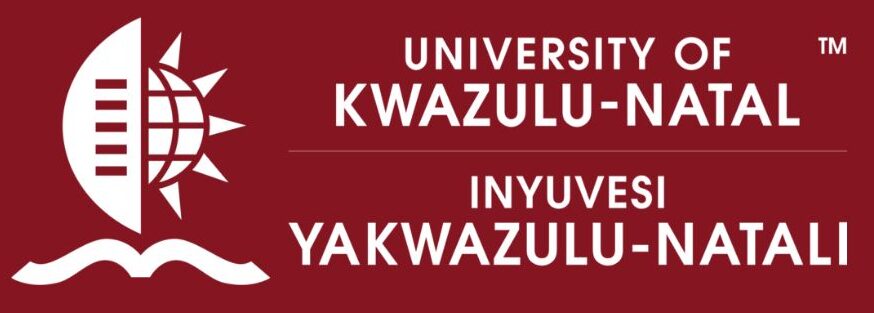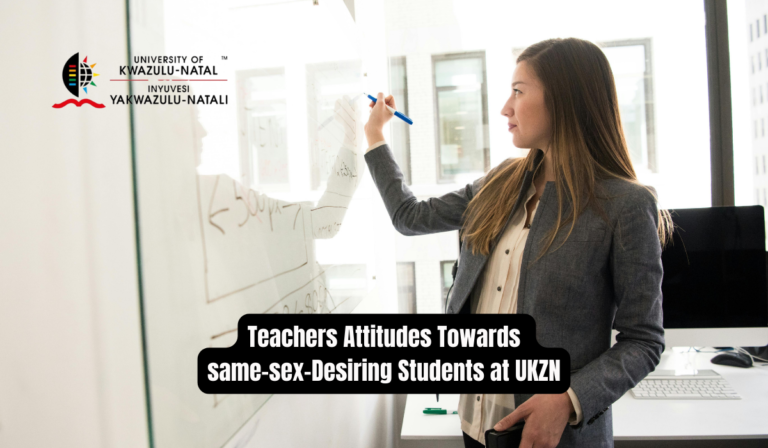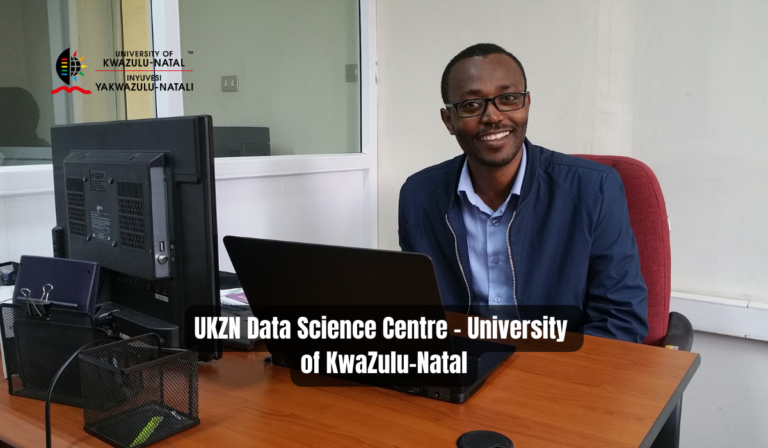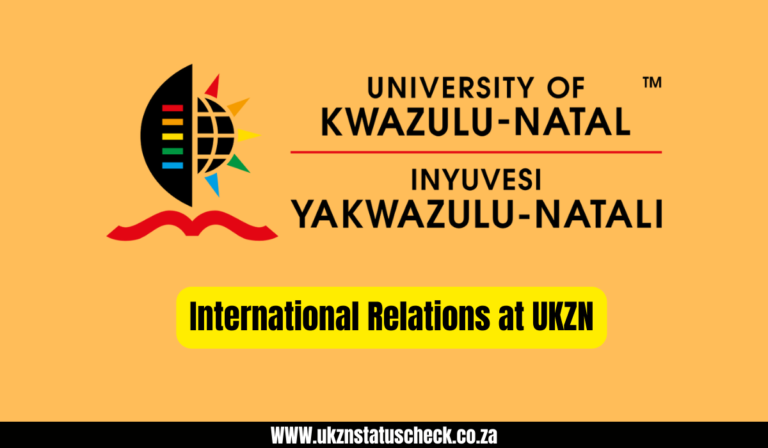UKZN Impactful Collaboration: Vice-Chancellor Colloquium on Language Policy
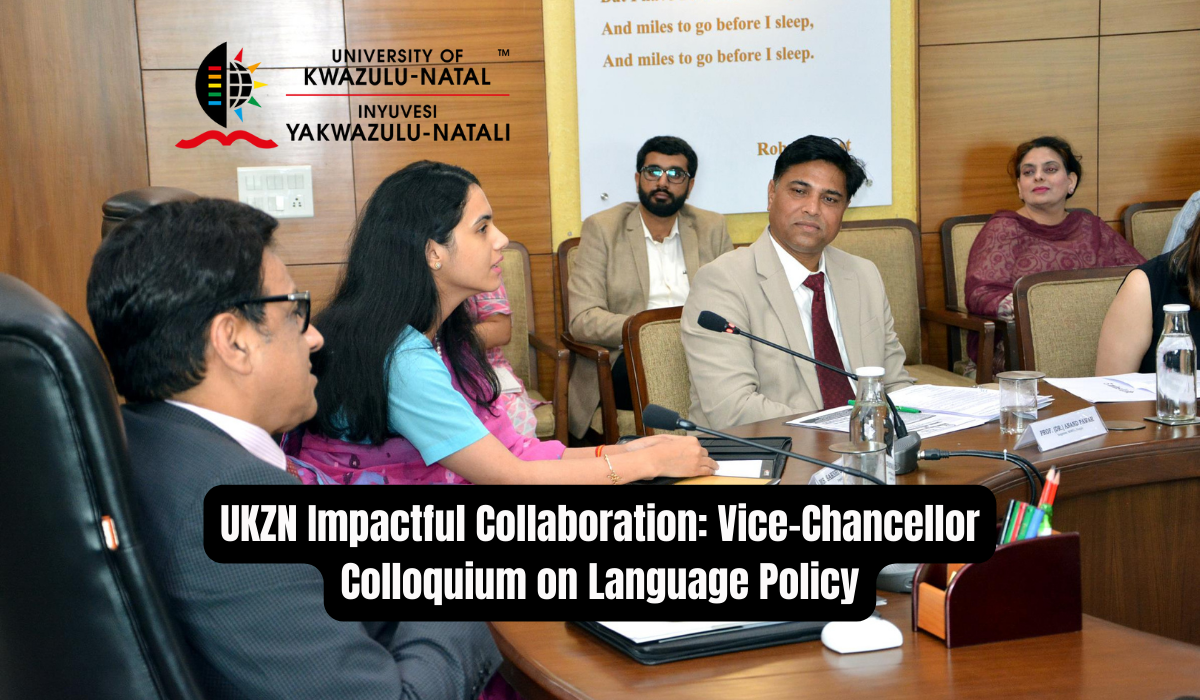
UKZN Impactful Collaboration: Vice-Chancellor Colloquium on Language Policy. The recent Vice-Chancellor Colloquium on Language Policy in Higher Education, co-hosted by UKZN, served as a pivotal platform for sharing best practices and addressing challenges in implementing language policies within academic institutions.
This two-day event, organized in partnership with Universities South Africa (USAf), underscored the importance of fostering multilingualism and indigenous language intellectualization in South Africa’s higher education landscape.
Read Also: UKZN Status Check Online
Key Accomplishments and Initiatives
Professor Nhlanhla Mkhize, UKZN Deputy Vice-Chancellor for the College of Humanities, emphasized the university’s commitment to promoting isiZulu as a language of instruction and administration, marking the 16th anniversary of its language policy adoption.
He highlighted the collaborative potential among institutions to advance indigenous languages as academic mediums, facilitating research collaborations and terminology development across disciplines.
Insights from the Colloquium
The event attracted esteemed attendees including vice-chancellors, deputy vice-chancellors, and deans from various universities, alongside representatives from governmental bodies and language-focused organizations. Discussions revolved around the crucial role of monitoring and evaluating language policy implementation in higher education, aiming to assess progress, effectiveness, and impact.
Keynote Presentations
Professor Leketi Makalela, Director of the Hub for Multilingual Education and Literacies at the University of the Witwatersrand, emphasized the urgency of moving beyond rhetoric towards implementing multi-language usage in classrooms, echoing the Department of Education’s strategic direction.
Additionally, Professor Bismark Tyobeka from North-West University stressed the transformative potential of multilingualism, advocating for equitable resource allocation to develop indigenous languages.
Challenges and Solutions
Experts highlighted challenges such as the insufficient training of sign language teachers and the need for enhanced funding and collaboration to support language diversity and inclusion initiatives. Suggestions were made to allocate funding prudently and share expertise across institutions.
Conclusion
The colloquium concluded with a call to action, emphasizing the ongoing work needed to advance language policy implementation in higher education. By fostering collaboration, monitoring progress, and advocating for resource allocation, academic institutions can collectively contribute to the intellectualization and inclusivity of indigenous languages within South Africa’s higher education sphere.
